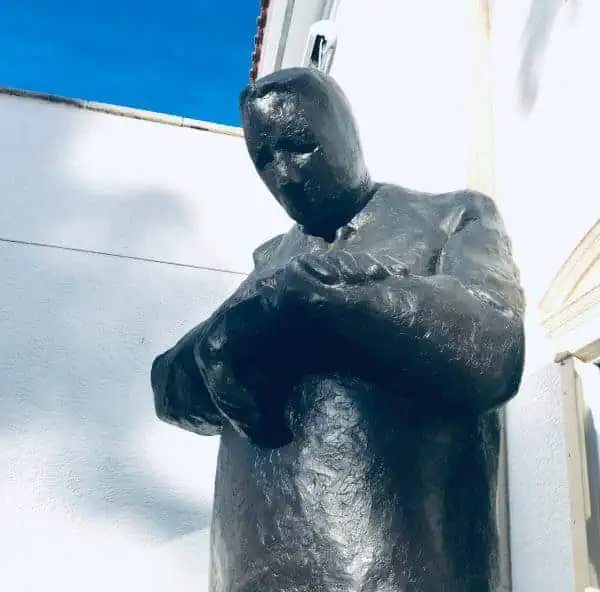 Latvia-based peer to peer (P2P) lender Grupeer noted on November 5, 2020, that it would like to inform its users about the different actions it has taken (as a company) to meet its obligations towards platform investors.
Latvia-based peer to peer (P2P) lender Grupeer noted on November 5, 2020, that it would like to inform its users about the different actions it has taken (as a company) to meet its obligations towards platform investors.
Grupeer’s management stated in a blog post that during the past month, they’ve been working cooperatively with their debt collection partners in order to ensure repayments. They’re also “focusing on the restoration of economic activity of SIA ‘Grupeer’.”
The Grupeer team also mentioned that they have put in a considerable amount of effort into creating a solution that will help them with expediting repayments to platform investors. As previously reported, Recollecta had taken over debt collection and management of Grupeer’s repayment process to investors. As confirmed by the P2P lender, the agreement between Grupeer and the investors allowed the firm to work with third-parties “to enforce claims against loan originators.”
Grupeer wrote in a blog post that they’re grateful to their loan originators because they’re actively communicating with the P2P lender. The company claims that it’s now ready to begin repayments “as far as all payment details are agreed upon.”
The Grupeer team pointed out that “refusal to repay the debts via Recollecta has no legal grounds and is considered as an attempt to avoid payments under the contract with all legal consequences that occur in case of the contract violation.”
As previously reported, the State Revenue Service of Latvian Republic has suspended the economic activity of SIA “Grupeer.” The P2P lender claims that it has now managed to “partly repay the labor force related taxes, the information about the accepted payment will be updated within the next few weeks.” The lender also mentioned that after making these payments, Grupeer will “resume full operation as a company and legal entity.”
The Grupeer team further noted:
“We can now confirm that in cooperation with our debt collection partners we have started legal actions against several Loan Originators. The amount we are seeking to recover for the benefit of investors at this moment totals to approximately 10 million euros.”
The Grupeer team claims:
“A significant number of the Loan Originators have been deliberately evasive, have either openly refused to pay the funds loaned to them or failed to [communicate] … with us. … we have even detected attempts to hide assets. Therefore, we will be seeking preliminary injunctions against these Loan Originators and attachment of assets. Since many of the legal steps are taken on ex parte basis (i.e. without participation and knowledge of the respective defendant), at this point we will not share details of the proceedings. We will make the information public as soon as it will not present potential harm to the relevant case(s).”
The Grupeer team further noted that they’re expecting the ongoing proceedings to be “over relatively soon, because most of the loan agreements are subject to the jurisdiction of our local arbitration, which in comparison to litigation in state courts (in many instances, overseas) is a much faster process.”
Latvian law firm “Ellex Klavins” reportedly informed Grupeer that “on behalf of certain investors, [they will be] seeking a declaration of insolvency” against the P2P lender.
Grupeer claims that there’s no legal or factual basis for these actions. But the lender notes that it’s their duty to “inform the investors of such a threat.” Grupeer also mentioned that “in case of insolvency, all collection proceedings both extra judicial and in an arbitration commenced by us will stop by operation of law.” The lender also confirmed that it would keep its investors informed about the ongoing developments.
As reported in late April 2020, a Telegram group, with over 3000 members, had been launched by impacted Grupeer investors. Some participating individuals appear to be interested in pursuing legal action in regards to the pause in payments.
Around the world, some SME lenders have struggled due to the COVID-19 pandemic. All platforms have had to revisit credit risk as concern has risen regarding a heightened default rate

